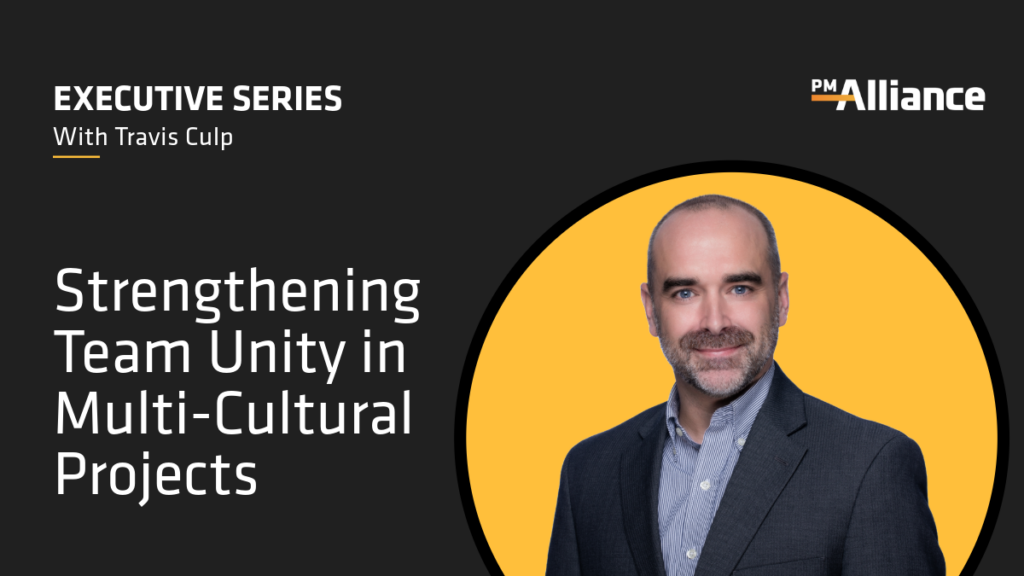More project teams are dispersed across different regions than ever before. Your stakeholder base may include a diverse set of cultures and backgrounds, and achieving success with your project could require weaving together a network of processes, regulations, and business customs from different areas to create the final outcomes you want.
These complex projects often involve significant challenges, but they also offer important advantages. It takes a proven strategy to unravel the potential obstacles of a multi-cultural initiative and reap its full benefits. With the right approach, you can bring disparate functional groups together and be confident that the entire participant base shares a commitment to moving the project to a successful completion.
Working across functional and organizational lines is a common challenge in project management. Because language barriers and cultural differences add complexity and nuance to the process, it’s important to engage stakeholders at every level, from decision makers through frontline workers. This enables the team to more fully leverage the vast range of experiences of its members as participants work to understand where the project is likely to encounter struggles. An experienced project management partner can bring additional perspective by sharing previous project experiences that involved similar issues. The team can then tap members’ collective backgrounds to explore and assess potential solutions and work together to apply past learnings and successes to the current, shared challenge.
Forging connections with and between people with different backgrounds and perspectives is key to delivering multi-cultural projects. You need to find ways to bring everyone on your project team together—sponsors, end users, vendors, business partners, and other stakeholders—otherwise you’re likely to struggle with even simple activities. How can you gain consensus on a communications strategy or assign primary contacts within each functional group if participants don’t truly feel they’re part of the team? Achieving project success across a diverse participant base requires a strong commitment to transparency and a genuine drive to build trust. Only then can project leaders develop a rapport with stakeholders and build healthy cross-functional relationships.
Project teams work together more effectively when there’s a foundation of trust and transparency. It creates an environment where team members feel comfortable asking potentially uncomfortable questions. Is this project at risk? Why are delays happening? How can we control costs? The right environment allows teams to assess challenges through a more holistic lens, apply innovative thinking to resolve tough issues, and restore stability if the project encounters trouble. Stakeholders in multi-cultural projects need to know they can rely on their colleagues, even amid aggressive schedules and dynamic activity flows.
Establishing a relationship with a project management consultancy experienced in aligning many different regional, cultural, and business elements can be key to project success. The right partner will bring a background in planning and executing—possibly even rescuing—complex, strategically important multi-cultural projects. Their previous work will enable them to find common ground with project stakeholders from all types of backgrounds and build the unity needed to deliver a successful project.
PMAlliance, Inc uses a team of highly experienced and certified professionals to provide project management consulting, project management training and project portfolio management.


